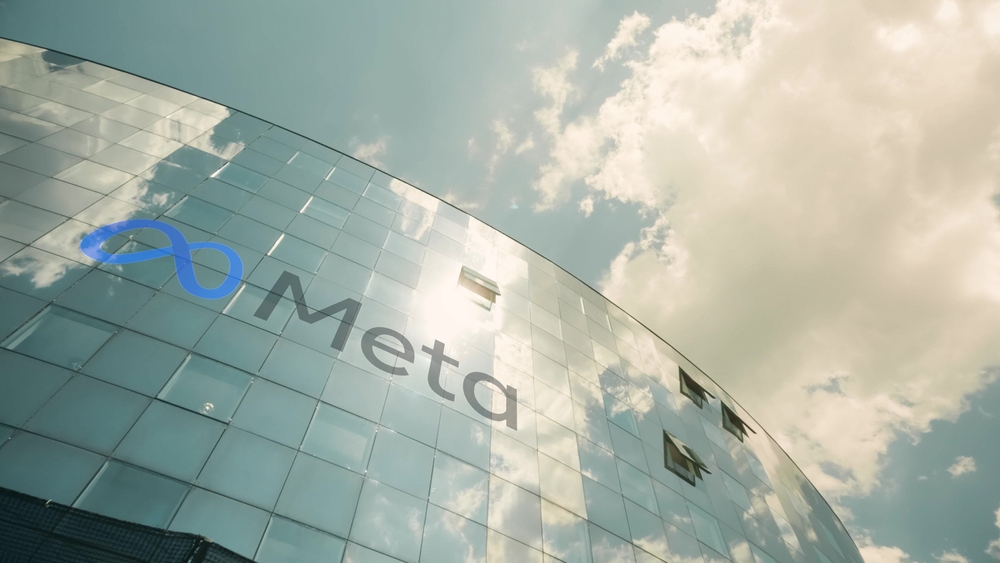Mark Zuckerberg reveals new AI unit, recruits top talent from rivals
Meta CEO Mark Zuckerberg announced Monday the creation of Meta Superintelligence Labs (MSL), a new unit aimed at consolidating the company’s AI efforts and accelerating development of cutting-edge foundation models. The move puts Meta in direct competition with AI leaders like OpenAI and Google as the global race toward superintelligence intensifies.
The new division will be led by Alexandr Wang, former CEO of Scale AI, who now serves as Meta’s Chief AI Officer, and Nat Friedman, ex-CEO of GitHub and co-founder of an influential AI investment firm. Both leaders were recently hired amid Meta’s $14.3 billion investment in AI, part of a broader hiring spree targeting talent from OpenAI, Anthropic, Google DeepMind, and others.
AI expansion includes top names from OpenAI, DeepMind, Google
The MSL initiative unifies Meta’s foundation model work, product development, and its long-standing Fundamental AI Research (FAIR) group. Zuckerberg revealed that the lab would begin researching next-generation models, aiming to reach the frontier of AI capability within the next year.
New hires include former developers behind OpenAI’s GPT-4o, Google’s Gemini, and DeepMind’s early LLMs. Among them:
- Trapit Bansal (RL chain-of-thought, OpenAI)
- Shuchao Bi (GPT-4o voice mode)
- Ji Lin (GPT-4o, GPT-4.5)
- Johan Schalkwyk (Google Fellow, Project Maya)
- Pei Sun (Waymo perception models)
Meta’s open-source Llama models continue to scale rapidly, with Llama 4.1 and 4.2 currently powering Meta AI used by over 1 billion monthly active users. Zuckerberg emphasized that the next generation of models would be developed by a “small talent-dense effort” within the new lab.
Superintelligence strategy rooted in scale, product reach
In his internal memo, Zuckerberg argued that Meta’s infrastructure, scale, and product integration uniquely position the company to lead the development of “personal superintelligence for everyone.” Meta’s consumer platforms—including its apps, wearables, and AI assistants—are central to its long-term AI roadmap.
He also pointed to Meta’s growing compute power, operational flexibility, and ability to deploy at global scale as strategic advantages. With this structure, Meta aims to make superintelligence not just a research objective but a consumer reality.
As Meta ramps up its AI ambitions, the tech world will be watching closely to see whether this concentration of talent and resources will allow Zuckerberg to catch up—or surpass—OpenAI, Microsoft, and Google in the fast-evolving race toward artificial general intelligence.


